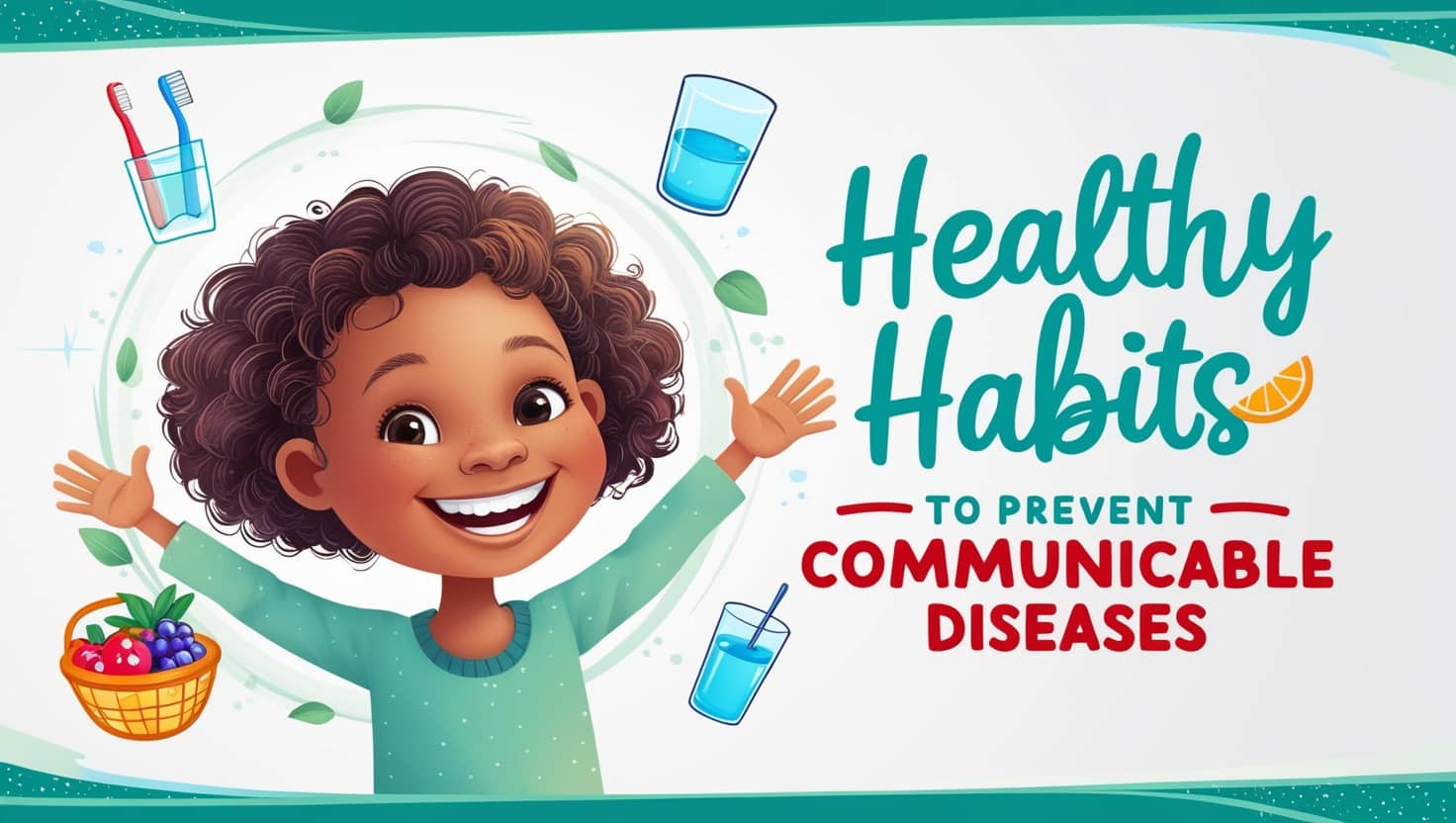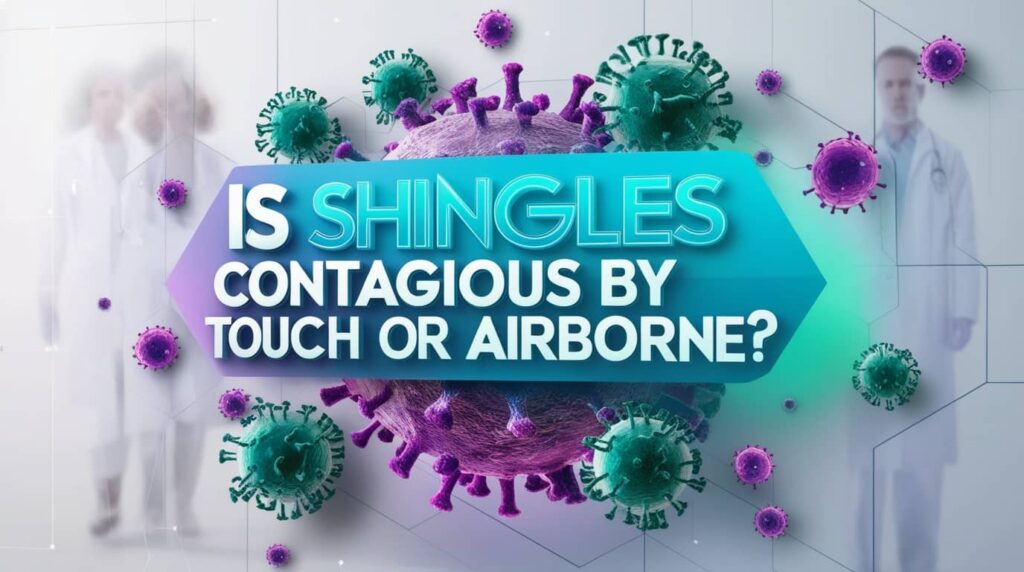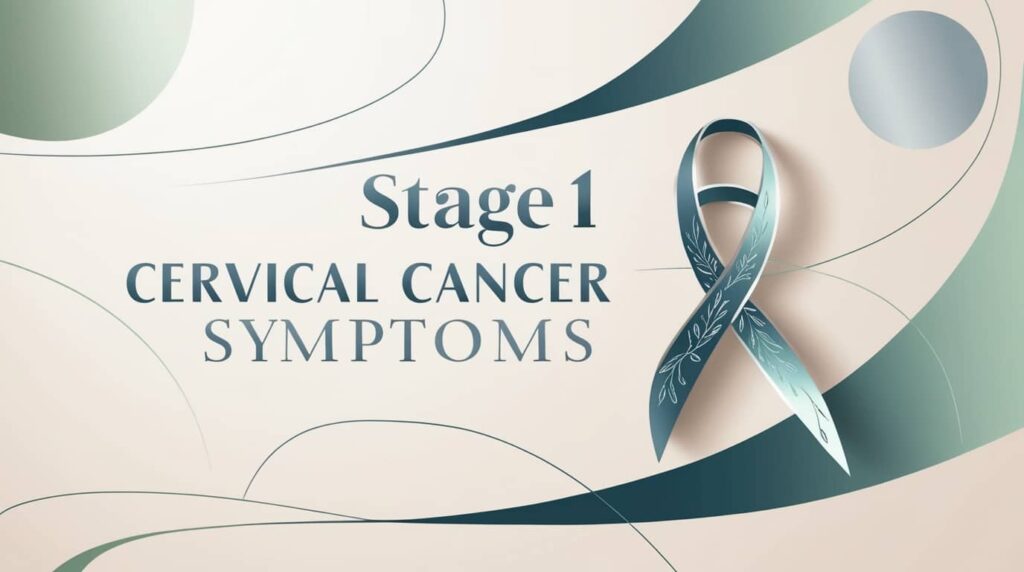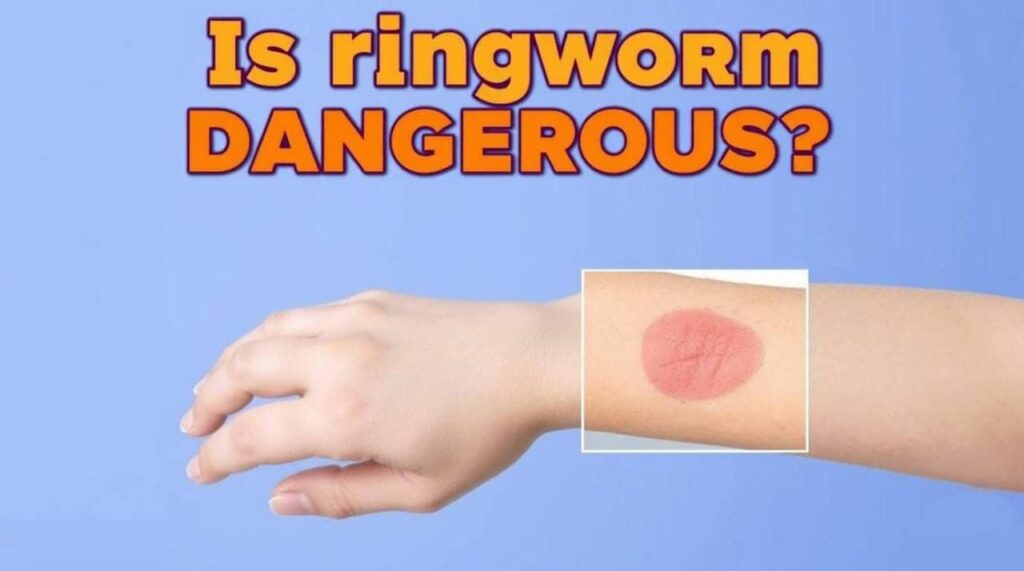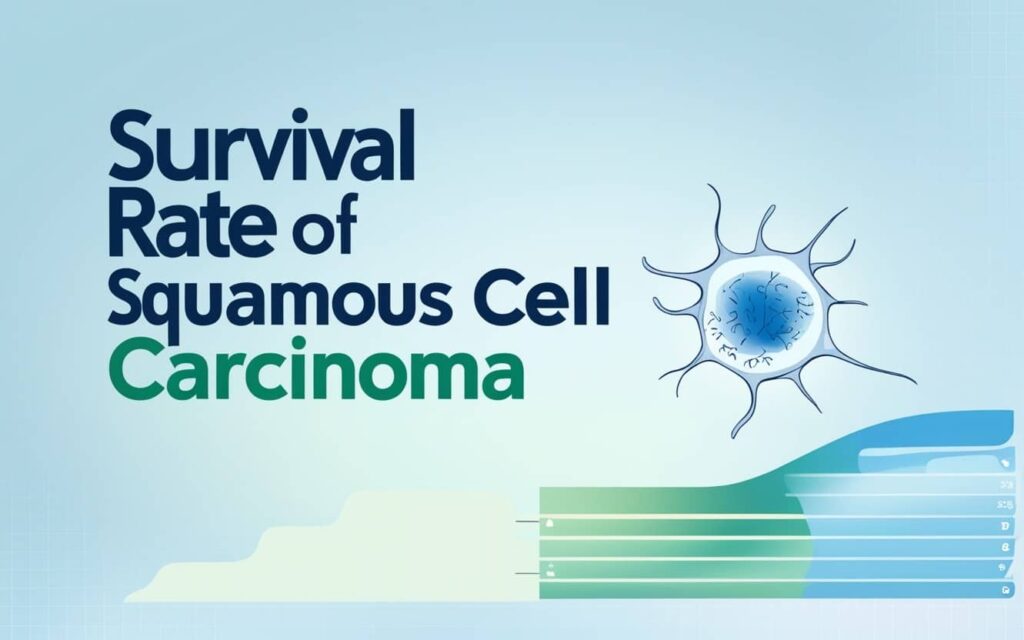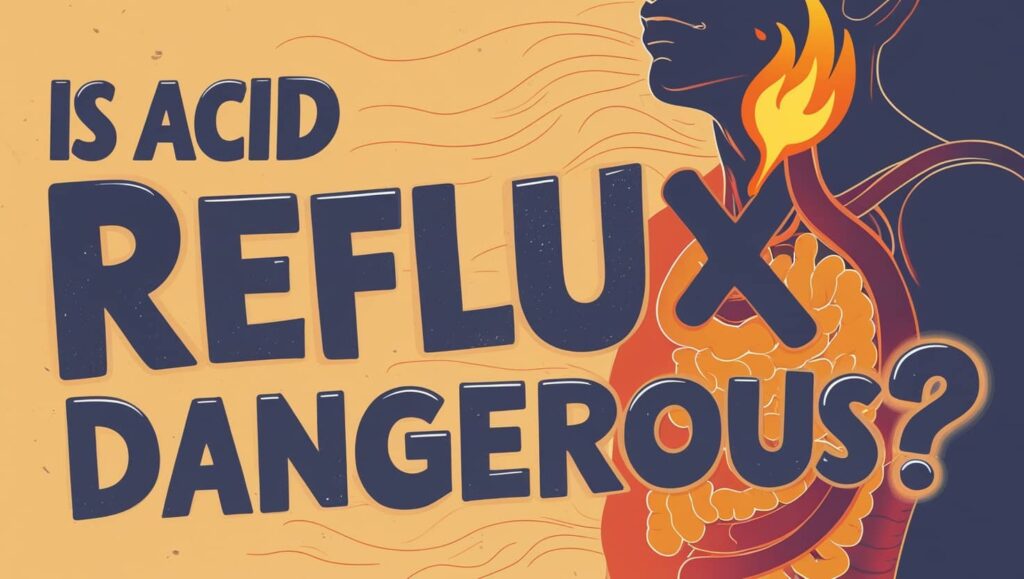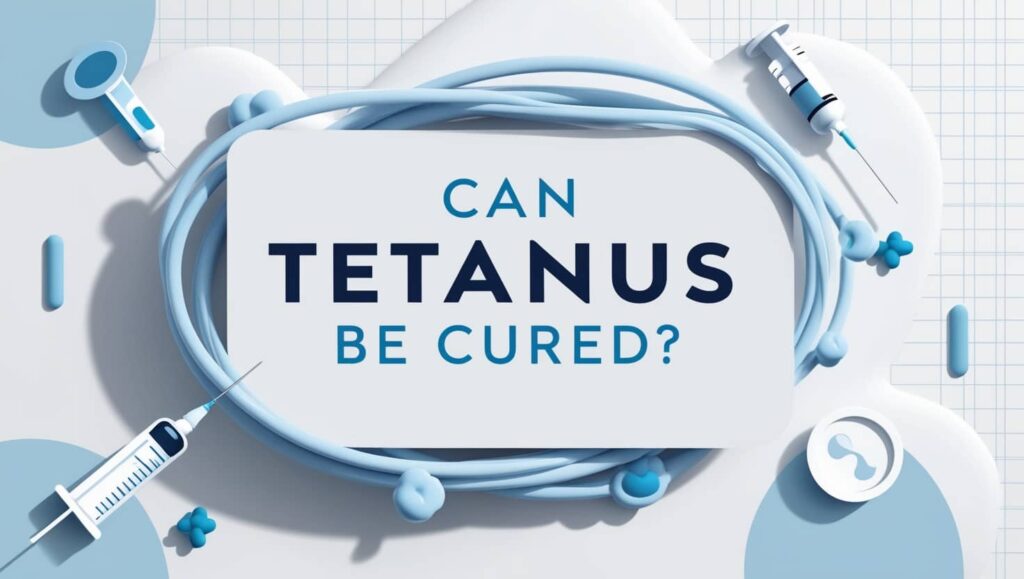The spread of communicable diseases at work can be very dangerous to both the productivity of the company and the health of the employees and their families. We’ll outline 9 healthy habits to prevent communicable diseases.
Thank you for reading this post, don't forget to subscribe!Before we discuss these healthy habits, you need first to know what exactly a communicable disease means.
A communicable disease, also known as a contagious disease, is an infection that can be transmitted from one individual to another by direct contact, indirect contact with the assistance of a vector, or by other means.
Communicable diseases include parasitic diseases transmitted by a vector, zoonoses, and all transmissible diseases. Here is a List of Communicable Diseases.
Many of these diseases have been around for thousands of years, and while their incidence has decreased, they are still capable of causing significant morbidity and mortality, as well as panic and fear in the community, school, and workplace.
Healthy Habits to Prevent Communicable Diseases
There are many easy healthy habits to prevent communicable diseases as they act as a strong defense against them.
Here are some healthy habits that could help you: –
1. Keep immunizations up to date
Vaccines help to prevent disease and disability as well as save lives.
Vaccines protect against a variety of acute infectious diseases as well as the long-term complications of these infections, which include congenital rubella syndrome, Hepatitis B, and cancers caused by the Human Papillomavirus.
2. Wash your hands often
The most effective way to stop the spread of disease is by washing with regular soap, rinsing under running water, and then thoroughly dry.
3. Prepare and handle food carefully
You should wash your hands before, during, and after preparing food and before eating for at least 20 seconds with soap and warm or cold water.
After preparing each meal, clean your countertops, cutting boards, and utensils with hot, soapy water.
Fresh fruits and vegetables should be rinsed under running water.
If raw meat, poultry, seafood, and eggs are not kept separate, they can spread germs to ready-to-eat food.
Food is cooked safely when the internal temperature reaches a temperature high enough to kill germs that can make you sick.
Maintain a refrigerator temperature of 40°F or lower and a freezer temperature of 0°F or lower, and know when to throw out food before it spoils.
4. Use of Antibiotics
Only use antibiotics for bacterial infections.
Antibiotics cannot be used to treat viral infections.
If your condition warrants it, your doctor may prescribe an antiviral medication.
Report to your doctor any infection that is rapidly getting worse or any infection that does not get better after taking an antibiotic course, if prescribed.
5. Be Careful when dealing with animals
Keep a safe distance from all wild animals and unfamiliar domestic animals.
When an animal bites you, wash the area with soap and water, then go see a doctor for a more thorough examination.
Enjoy wild animals with your eyes rather than your hands.
6. Avoid insect bites
Avoid insect bites whenever possible by wearing long-sleeved shirts, long pants, and a hat and by using insect repellent outdoors.
7. Protect yourself by using safe sex practices
If there has been any risk of exposure to sexually transmitted diseases, including HIV, you and your partner should be tested.
When engaging in sexual activity with a partner of unknown status, use condoms consistently and correctly. Avoid having sex with a drug injector.
8. Stay alert to disease threats when traveling or visiting underdeveloped countries
If you are traveling to a region where there is a moderate to high risk of disease, get advice from a reliable source like the WHO or the CDC.
9. Acquire healthy habits
These consist of healthy eating, adequate sleep, exercise, and abstinence from tobacco and illegal drug use.
Read Also: Is Shingles Contagious by Touch or Airborne?
Summary
A communicable disease, also known as a contagious disease, is an infection that can be transmitted from one individual to another by direct contact, indirect contact with the assistance of a vector, or by other means.
Communicable diseases include parasitic diseases transmitted by a vector, zoonoses, and all transmissible diseases.
Many of these diseases have been around for thousands of years, and while their incidence has decreased, they are still capable of causing significant morbidity and mortality, as well as panic and fear in the community, school, and workplace.
There are many easy healthy habits to prevent communicable diseases as they act as a strong defense against them, here are some healthy habits that could help you: –
- Keep immunizations up to date.
- Wash your hands often
- Prepare and handle food carefully.
- Use of Antibiotics
- Be Careful when dealing with animals
- Avoid insect bites
- Protect yourself by using safe sex practices.
- Stay alert to disease threats when traveling or visiting underdeveloped countries.
- Acquire healthy habits such as healthy eating, adequate sleep, exercise, and abstinence from tobacco and illegal drug use.
References
- Healey, B. J., & Walker, K. T. (2009). Introduction to occupational health in public health practice. San Francisco: Jossey-Bass.
- IV prevention and Treatment – NCBI Bookshelf. (n.d.). Retrieved January 19, 2023, from PubMed
- (PDF) human vaccines and their importance to public health – researchgate. (n.d.). Retrieved January 19, 2023, from ResearchGate
- Four steps to Food Safety. (2022, August 05). Retrieved January 19, 2023, from CDC

